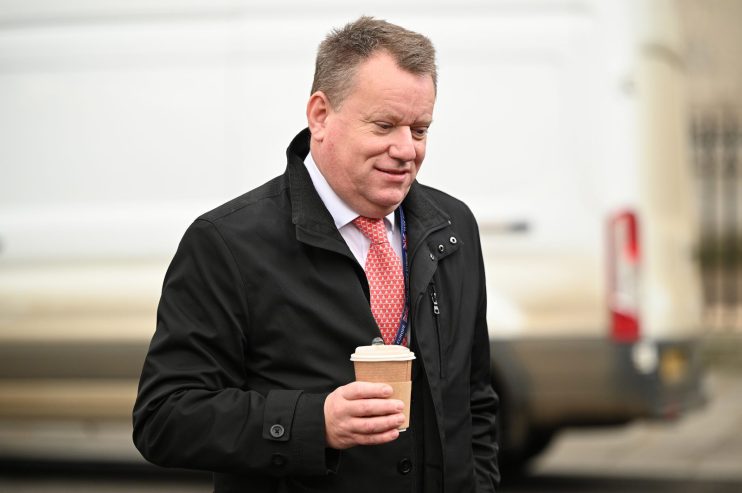Downing Street: ‘Significant gaps’ remain in Brexit trade talks

Downing Street has said “significant gaps remain” between the UK and EU in Brexit negotiations with talks not expected to yield a breakthrough this week.
The Prime Minister’s spokesman told journalists today the UK was “working hard to get a deal”, but that little progress had been made.
The unofficial deadline for the two sides was the end of this week, however it is expected to slip into next week.
The two sides committed to “redouble” their efforts, with EU chief negotiator Michel Barnier and UK chief negotiator Lord David Frost holding meetings in London this week.
Time is now short for a deal as the UK will leave the EU’s single market and customs union on 31 December, whether or not a deal is struck.
“What is certain is that the transition period is going to end on 31 December and we will be ready to leave either on Australian-style terms or with a free trade agreement if that can be reached with the EU,” the Prime Minister’s spokesman said.
“We have been working hard to get a deal with the EU, but it has to be one that respects the UK’s sovereignty.”
Before the Open newsletter: Start your day with the City View podcast and key market data
State subsidy regulations, which are a part of the level playing field talks, has been one of the largest barriers to a deal.
The EU wants the UK to mirror its regulatory regime for business subsidies, and other things like labour and environmental laws, in return for zero tariff trade.
However, the UK has made it clear that it does not want to be locked into EU state aid rules and wants to be able to have greater control of fiscal policy.
Brussels also started negotiations by demanding EU countries retain the same fishing rights to UK waters as they currently have, which Frost has said is untenable.
Barnier said on Monday there were three keys to “unlocking” a deal.
He said: “Respect of EU autonomy and UK sovereignty, with effective governance and enforcement mechanisms between international partners.
“Robust guarantees of free and fair trade and competition based on shared high standards, evolving coherently over time.
“Stable and reciprocal access to markets and fishing opportunities in the interest of both parties.”